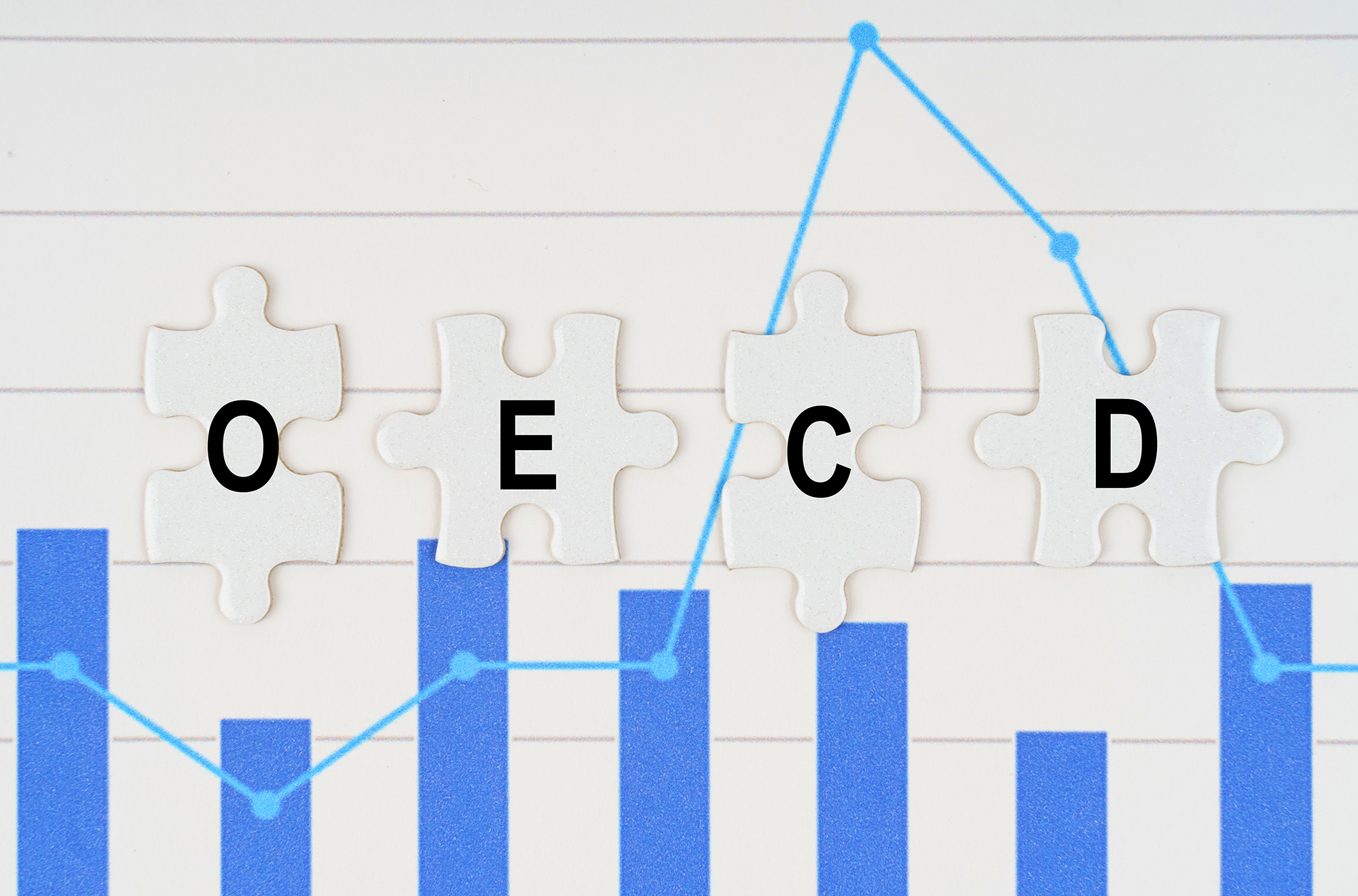Governments and companies worldwide borrowed $25 trillion last year, up $10 trillion over pre-Covid levels and nearly three times the total prior to the 2008 financial crash, according to a report by the Organization for Economic Co-operation and Development (OECD), a Paris-based intergovernmental group of 38 mostly rich countries.
The report predicts further rises this year, with the aggregate central-government marketable debt-to-GDP ratio in OECD countries hitting 85%, more than 10 points higher than in 2019 and nearly double the figure for 2007. In parallel, borrowing costs are creeping upwards, reaching 3.3% by year-end 2024, up 0.3 percentage point over 2023.
“The period of ultra-low interest rates is over, and markets need to reckon with a new reality,” says Carmine Di Noia, director for Financial and Enterprise Affairs at the OECD.
Besides hampering new activity, the borrowing binge is likely to boost the cost of rolling over existing debt stocks. Nearly 45% of sovereign debt in OECD countries will mature by 2027 while roughly a third of outstanding corporate bond debt comes due in the next three years.
Old debt “will likely be refinanced at higher interest rates,” said OECD Secretary-General Mathias Cormann.
Earlier borrowing sprees cushioned the shocks and encouraged recovery from events such as the 2008 financial crisis and the Covid-19 pandemic. “What is remarkable is that these spikes were not one-off increases,” says Di Noia. “In both cases, rather than returning to previous trends, borrowing levels basically have remained at new highs.”
Sovereign bond issuance in OECD countries is projected to reach a record $17 trillion this year, up from $14 trillion in 2023. Nor are non-OECD actors immune. In China and most emerging markets, sovereign borrowing jumped from around $1 trillion in 2007 to over $3 trillion in 2024.
Corporate debt reached a historical high of $35 trillion at the end of last year. Most of this has been funneled into financial operations like refinancing and shareholder payouts rather than investments to boost productivity or capacity. “The risks are undermining debt sustainability,” Cormann warned.




